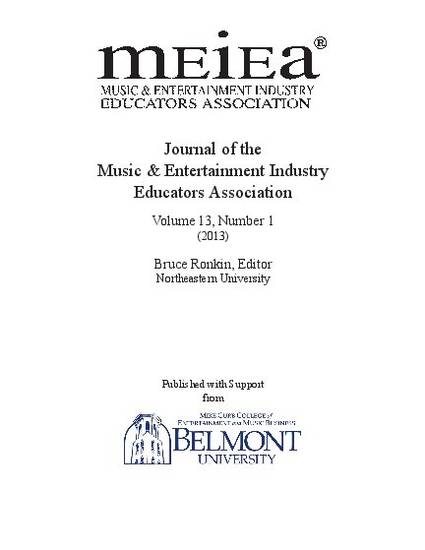
The career of longtime Chicago area audio engineer and notable Chess Records session recorder Malcolm Chisholm (1929-2003) serves as a window for assessing the stakes of technological and cultural developments around the birth of Rock & Roll. Chisholm stands within the traditional art-versus-commerce debate as an example of the post-World War II craftsman ethos marginalized by an incoming, corporate-determined paradigm. Contextual maps locate Chisholm’s style and environment of audio production as well as his impact within the rebranding of electrified Blues music into mainstream genres like Rock music. Interviews of former students and professional associates provide first-hand accounts of core philosophies, approaches, and equipment preferences. Opposing recording techniques including isolation versus ambience, live recording versus overdubbing, and the overall tolerance of imperfection distinguish the modern and traditional approaches.
This article was archived with permission from the Music & Entertainment Industry Educators Association, all rights reserved. Document also available from MEIEA Journal.
Available at: http://works.bepress.com/paul-linden/3/